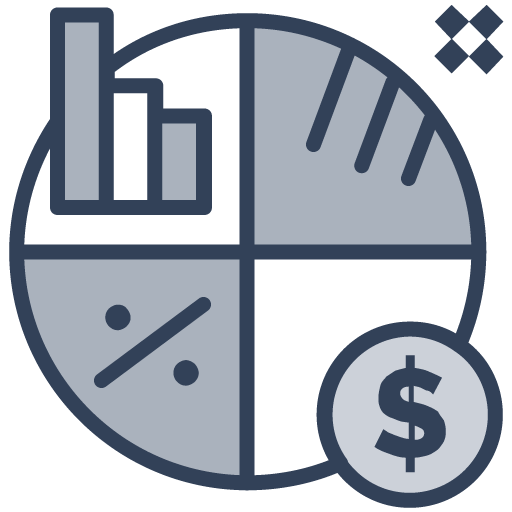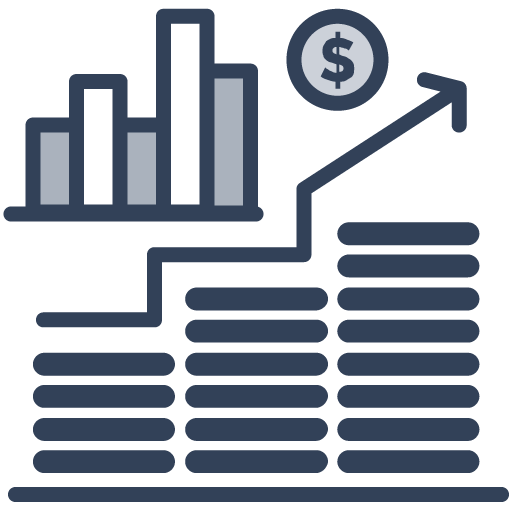Financial Technology
The Financial Technology (FinTech) research area encompasses the study of innovative technologies and digital solutions transforming the financial industry.
A concerted effort is to investigate how technological innovations (e.g., blockchain cryptocurrency and algorithmic trading) impact traditional financial systems, regulatory frameworks, consumer behaviour, and financial inclusion, ultimately reshaping how people manage, access, and interact with financial services in a digital age.
What We Do

Develop frameworks and guidelines that could transform traditional financial operations and revolutionise financial exchanges and payments.

Expand and evaluate models and solutions that revolutionise the financial sector.

Advance knowledge and techniques in modeling and analysing large financial datasets for societal and economic well-being.
Sub Areas
- Algorithmic Trading
- Blockchain and Cryptocurrency
- Crowdfunding and Peer-to-Peer Lending Innovations
- Digital Asset Pricing
- Digital Payment Platforms
- Entrepreneurial FinTech Models
- FinTech Labour Economics
- Machine Learning and Financial Datasets
- Social Implications of FinTech
Our Research Projects

Understanding Web 2.0 and Web 3.0 Online Platforms
This project investigates the consequences of introducing cryptocurrencies, categorizing into private (e.g., Ripple's XRP) and public blockchains (e.g., Bitcoin). It examines ICO impacts on marketing and finance while exploring the connection between cryptocurrencies and cybercrime.
- Blockchain and Cryptocurrency, Social Implications of Fintech

Distributed Autonomous Organizations (DAOs) as a Novel Organizational Form
Advances in blockchain technology have introduced novel models of organizational governance such as decentralized autonomous organizations (DAOs). This project studies the properties of digital consensus as a model of organizations. We also investigate the impact of various DAO design features (e.g., voting mechanisms) that might influence organizational performance.
- Entrepreneurial Fintech Models
Our Research Groups

Garbage Can Lab
The Garbage Can Lab (https://garbcan.com/) conducts research focused on better understanding today's complex socio-technical world and developing solutions that create impact. Inspired by the Garbage Can Model of Organizational Choice (Cohen et al. 1972), our research group can best be described as an organized anarchy with problematic preferences, unclear technology and fluid participation.
